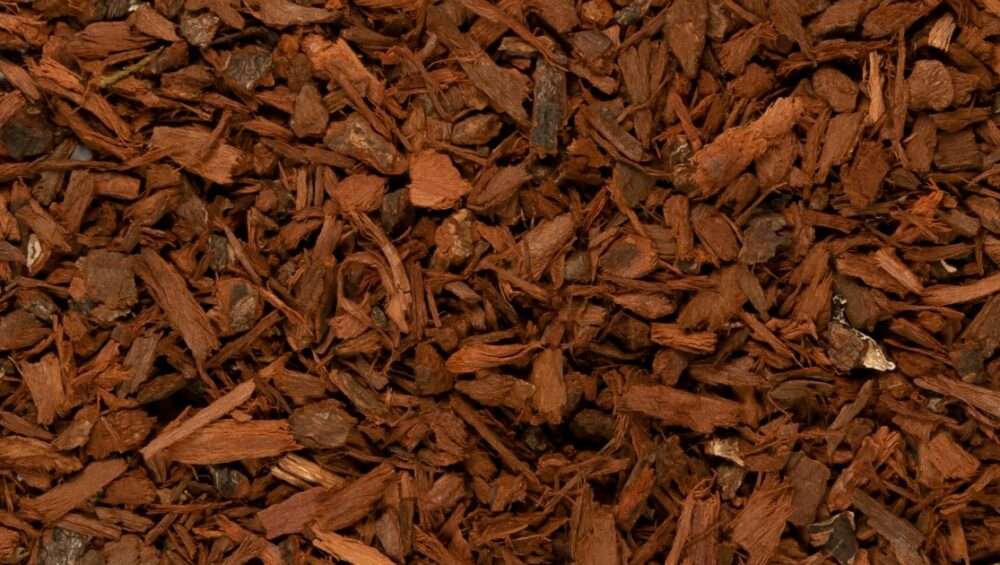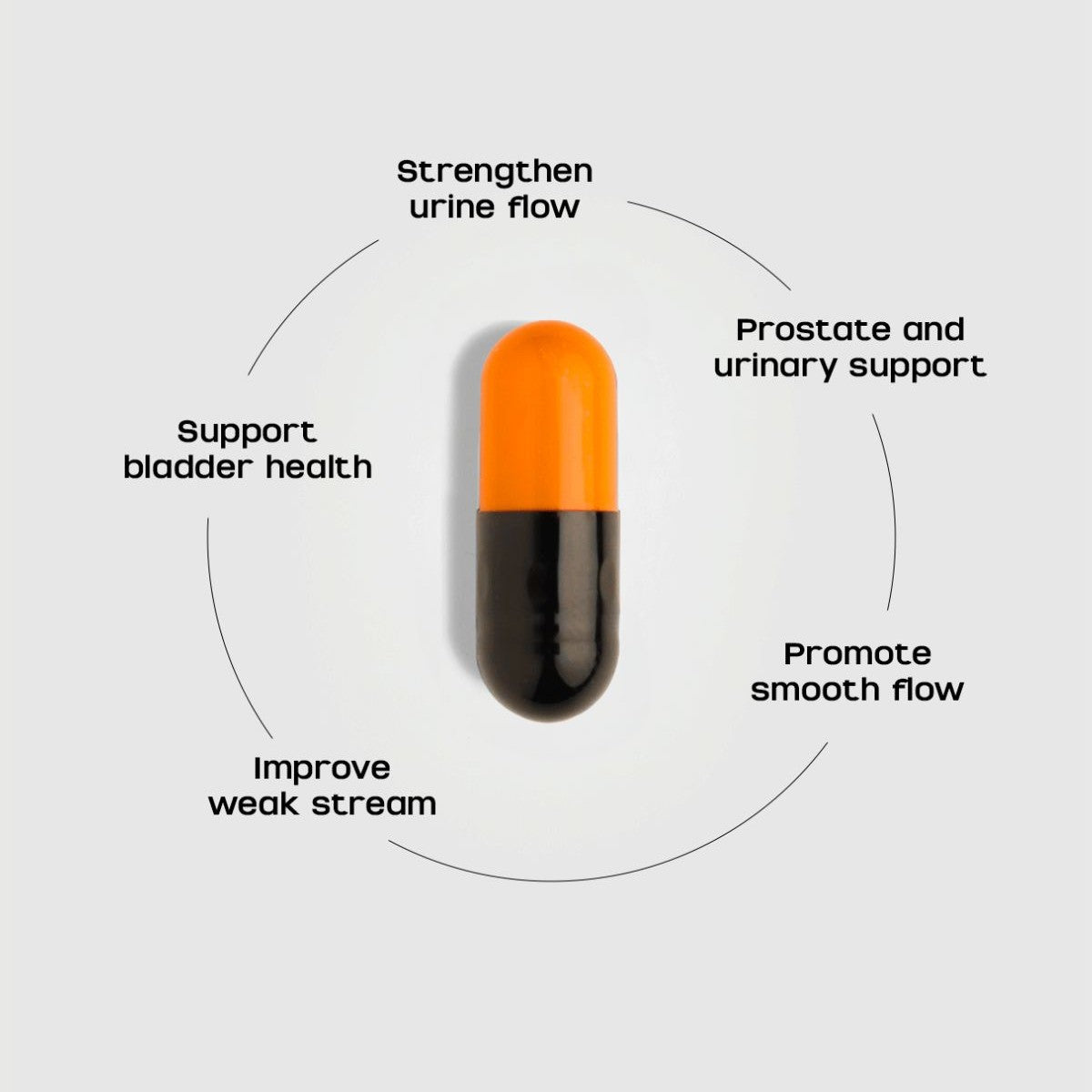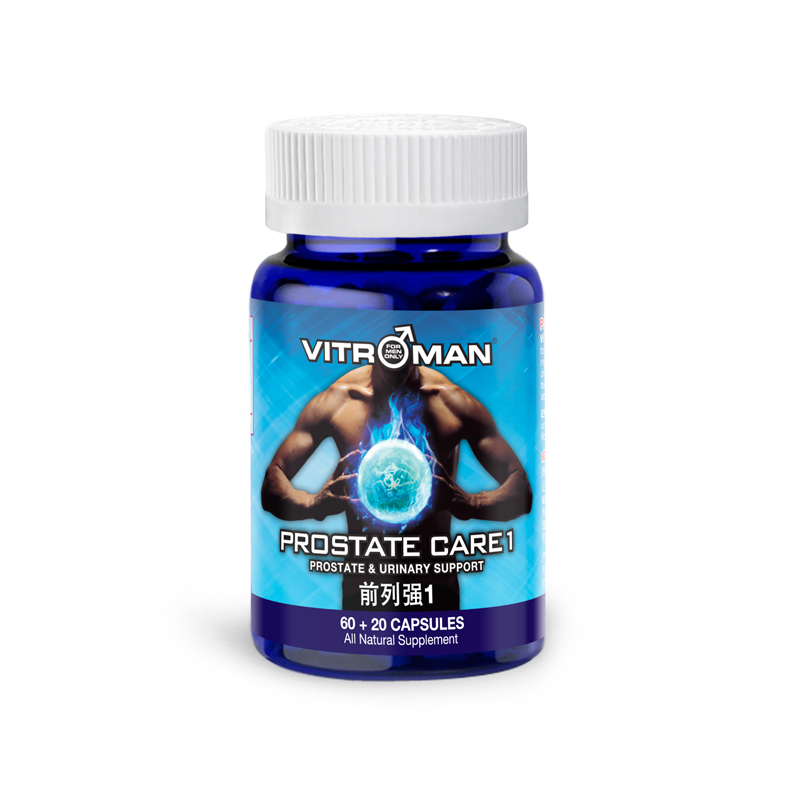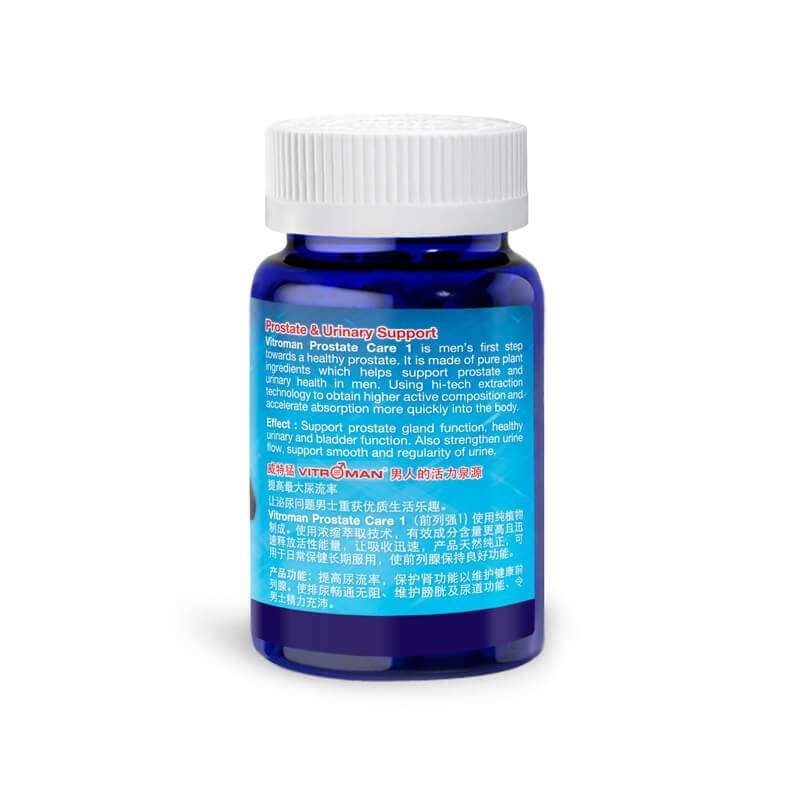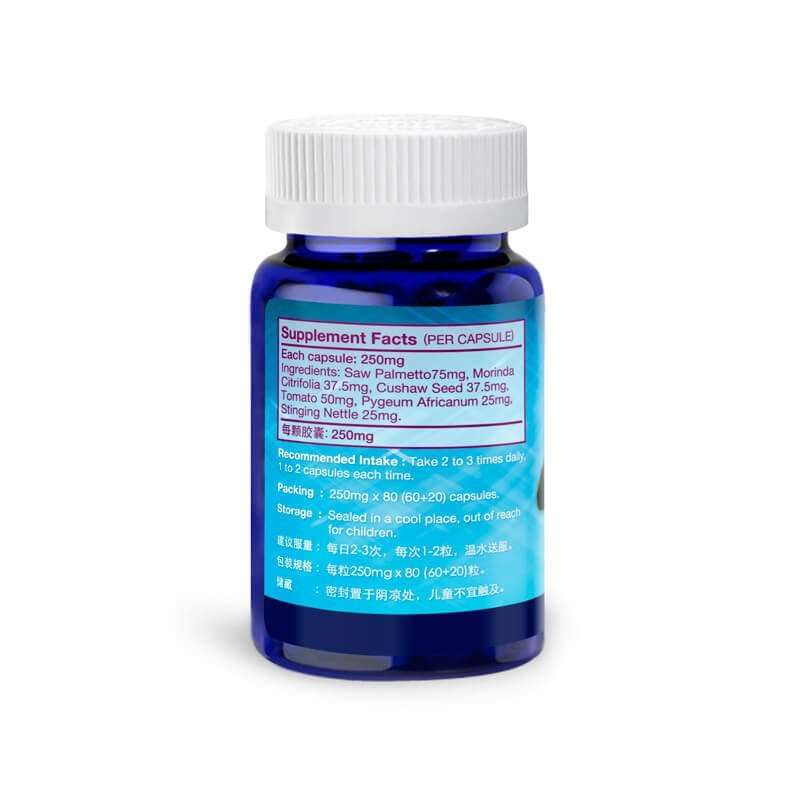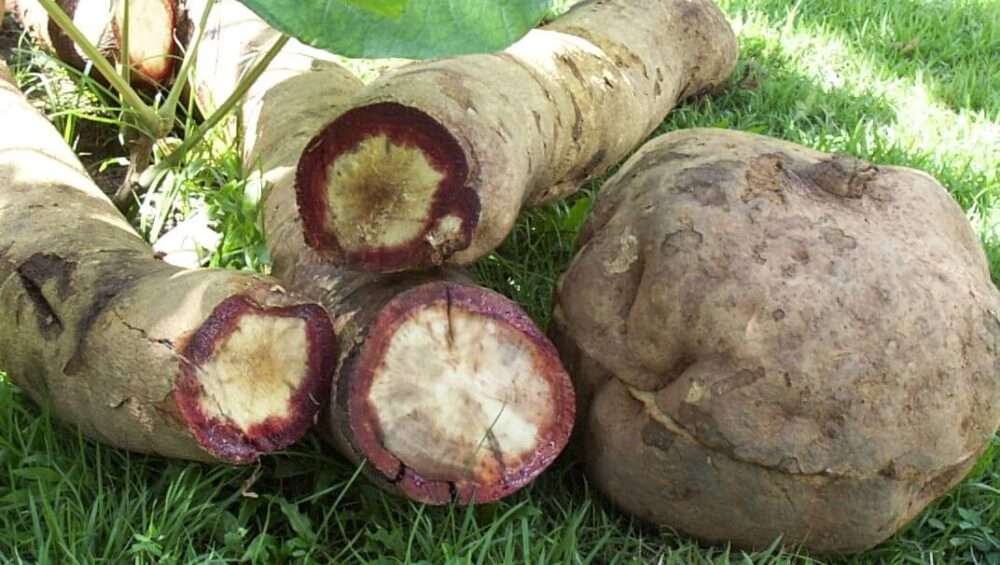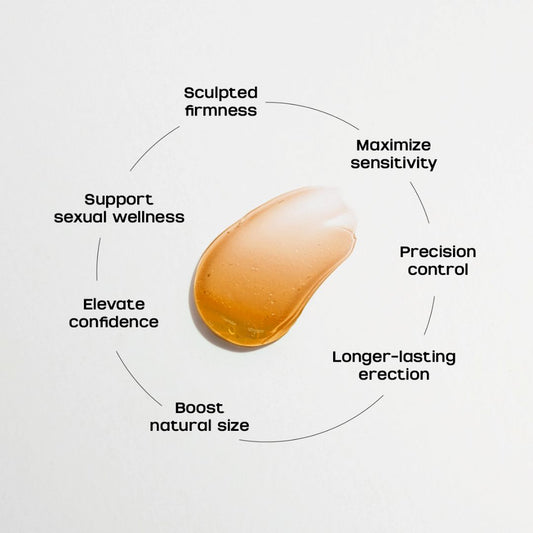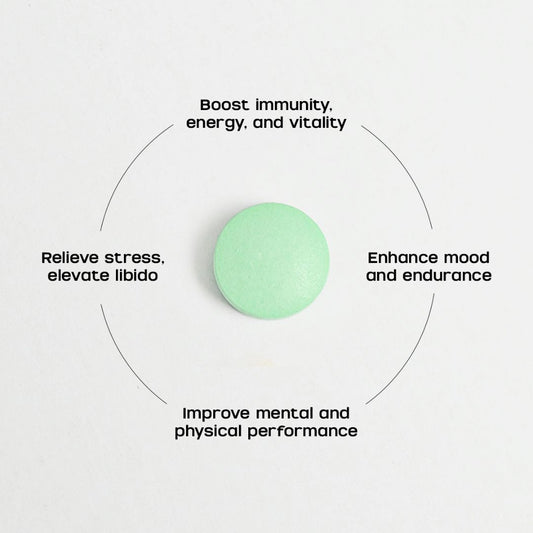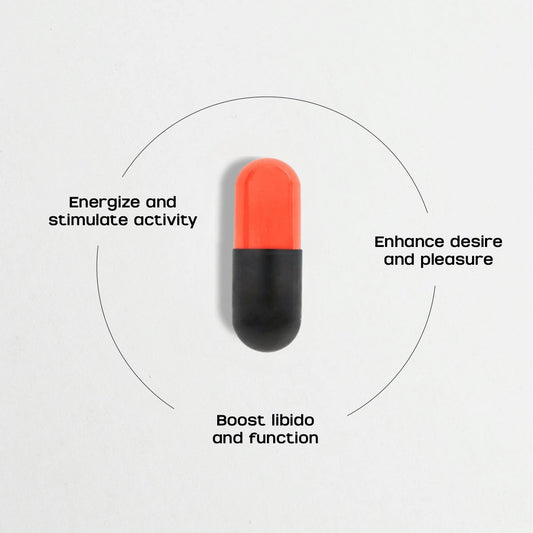Our blog offers guidance on male enhancement, sexual wellness, and related topics such as penis enlargement and
improving erection quality. Whether you're looking for information on how to make your penis bigger, penis
enlargement pills, gels, or natural methods, we cover it all. Many readers are interested in boosting libido, using
ingredients like tongkat ali and cistanche, or finding the best penis enlargement gels or pills. Articles often
explore natural male enhancement pills, sex pills for men, and how to increase penis size naturally and safely. We
also discuss ways to increase sex stamina, improve erection support, and explore herbal alternatives to traditional
ED pills or Viagra. For those concerned about premature ejaculation, topics include our product's ingredients,
erectile dysfunction, erection support, boost libido and methods on how to last longer in bed without medicine. Our
content includes reviews of the best penis enlargement pills and offers insight into the cure for premature
ejaculation. We answer common questions such as "Is there any side effect for penis enlargement products?", "What
are safe penis enlargement methods?", and "How to get a bigger penis without pills?". You'll also find natural ED
remedies and tips for male enhancement without side effects. Our goal is to provide helpful, research-backed
insights for those seeking longer-lasting performance, improved sexual health, and increased confidence.
Pygeum Bark: Benefits, Side Effects, Dosage, Preparations, and More
Pygeum bark (Pygeum Africanum), derived from the African cherry tree, has been used for centuries for its medicinal properties. As a product expert, let's delve into the health benefits, side effects, dosage, and preparations of this natural remedy.
Health Benefits of Pygeum Bark
Pygeum bark is known for its potential to improve prostate health. Studies have shown that it may help reduce symptoms of benign prostatic hyperplasia (BPH), such as frequent urination and nighttime urination. Additionally, it has anti-inflammatory properties that can aid in reducing inflammation in the body.
Potential Side Effects
While pygeum bark is generally considered safe for most people, some individuals may experience mild side effects such as stomach upset or headache. It is important to consult with a healthcare professional before incorporating pygeum bark into your routine, especially if you have underlying health conditions or are taking medications.
Who Should Avoid Pygeum Bark
Individuals who are pregnant or breastfeeding should avoid pygeum bark, as its safety during these periods has not been established. Additionally, individuals with a history of liver disease should exercise caution when considering pygeum bark due to its potential effects on the liver.
Recommended Dosage
The typical dosage of pygeum bark extract is around 100 - 200 mg per day. It is usually taken in capsule form and can be consumed with or without food. However, it is essential to follow the dosage instructions provided by the manufacturer or consult a healthcare professional for personalized recommendations.
Preparations of Pygeum Bark
Pygeum bark is commonly available in various forms, including capsules, extracts, and teas. It is important to choose a reputable source when purchasing pygeum bark products to ensure quality and efficacy. When preparing pygeum bark tea, steep the bark in hot water for several minutes before consuming.
As a product expert, it is essential to highlight the potential benefits, side effects, and considerations associated with pygeum bark. By understanding the proper usage and precautions, individuals can make informed decisions about incorporating this natural remedy into their health regimen.
